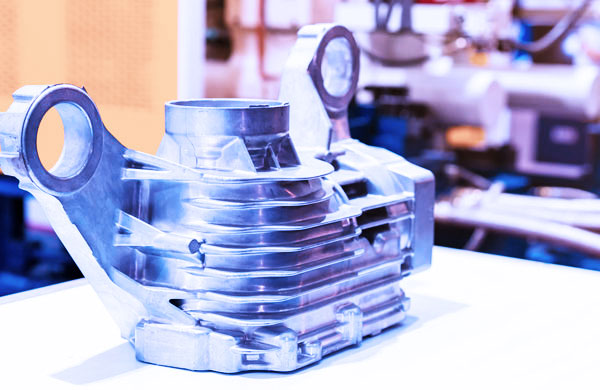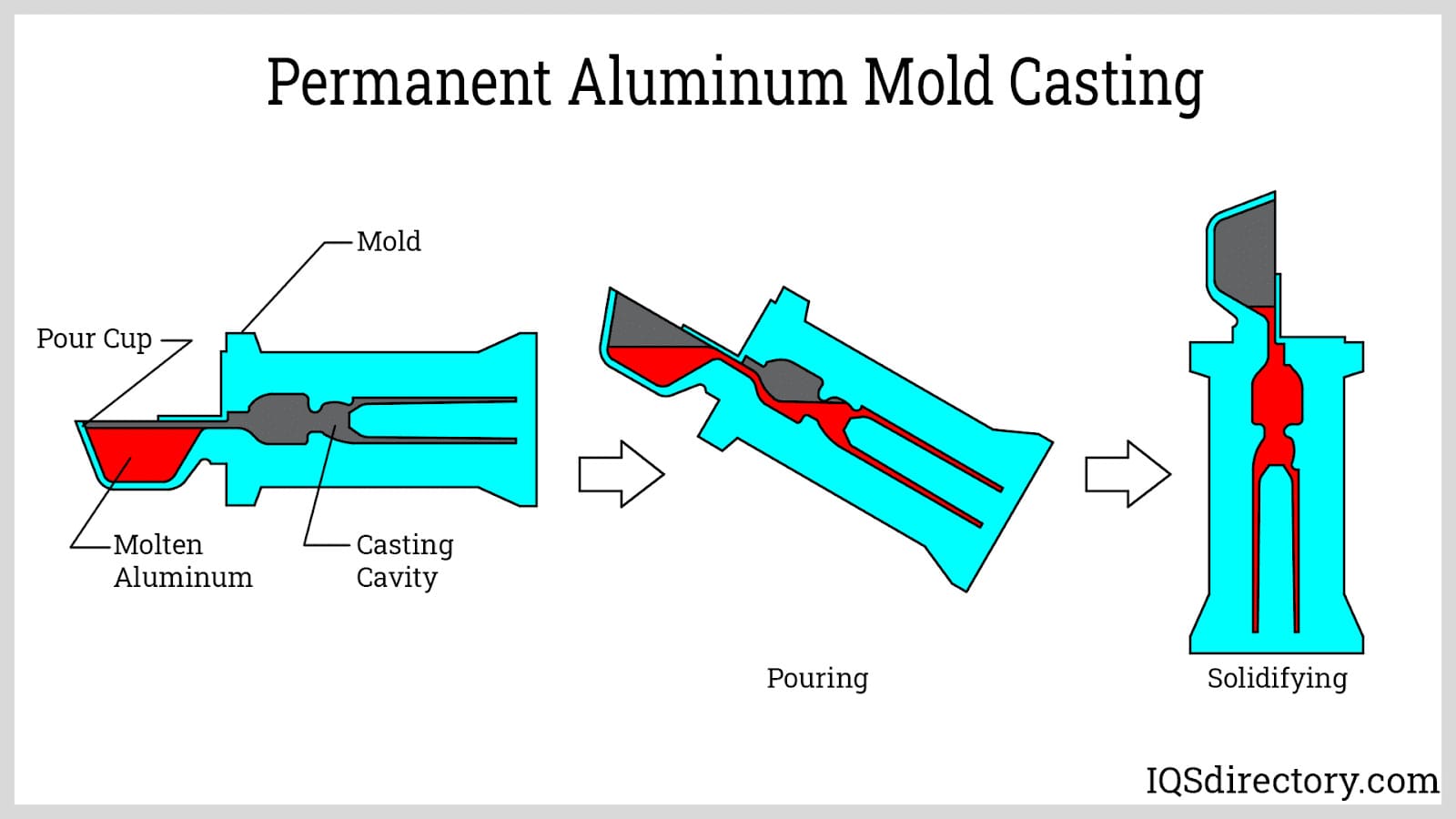The 30-Second Trick For Stahl Specialty Company
The 30-Second Trick For Stahl Specialty Company
Blog Article
The Basic Principles Of Stahl Specialty Company
Table of ContentsNot known Details About Stahl Specialty Company Stahl Specialty Company Can Be Fun For Anyone6 Easy Facts About Stahl Specialty Company ExplainedWhat Does Stahl Specialty Company Mean?Stahl Specialty Company for Dummies
The subtle difference depends on the chemical material. Chemical Contrast of Cast Aluminum Alloys Silicon promotes castability by decreasing the alloy's melting temperature level and enhancing fluidness throughout casting. It plays a vital duty in permitting detailed molds to be filled precisely. Furthermore, silicon adds to the alloy's stamina and put on resistance, making it beneficial in applications where sturdiness is vital, such as auto components and engine parts.It additionally enhances the machinability of the alloy, making it easier to process right into finished items. In this method, iron adds to the total workability of light weight aluminum alloys. Copper enhances electrical conductivity, making it useful in electrical applications. It additionally improves corrosion resistance and adds to the alloy's overall toughness.
Manganese contributes to the strength of light weight aluminum alloys and improves workability. Magnesium is a light-weight component that gives stamina and influence resistance to light weight aluminum alloys.
It permits the production of light-weight components with excellent mechanical properties. Zinc improves the castability of aluminum alloys and aids control the solidification process throughout casting. It boosts the alloy's strength and firmness. It is frequently discovered in applications where detailed shapes and fine details are required, such as attractive castings and particular vehicle components.
Excitement About Stahl Specialty Company
Since aluminum-silicon alloys have great casting properties, high gas buildings, straightforward procedures, and excellent deterioration resistance, aluminum-silicon alloys are most generally utilized in the die-casting market at home and abroad. At the same time, aluminum-silicon alloys are additionally relatively early and extensively identified alloys established and made use of in die-casting. After continual research study and improvement, many of the present global mainstream aluminum-silicon alloys have actually been wrapped up and are absolutely nothing more than A356, A360, A380, ADC12, B390, and A413.
The key thermal conductivity, tensile toughness, yield strength, and elongation vary. Amongst the above alloys, A356 has the highest possible thermal conductivity, and A380 and ADC12 have the most affordable.

Stahl Specialty Company for Beginners
In accuracy casting, 6063 is well-suited for applications where elaborate geometries and high-quality surface coatings are extremely important. Examples consist of telecommunication units, where the alloy's exceptional formability enables smooth and visually pleasing styles while keeping architectural integrity. Similarly, in the Lighting Solutions market, precision-cast 6063 components produce stylish and effective lights components that call for detailed shapes and good thermal efficiency.
(https://stahl-specialty-company-48547473.hubspotpagebuilder.com/stahl-specialty-company/discover-the-best-foundry-near-me-your-go-to-casting-foundry-for-aluminum-castings)
The A360 exhibits remarkable elongation, making it excellent for complex and thin-walled parts. In accuracy casting applications, A360 is well-suited for industries such as Consumer Electronics, Telecommunication, and Power Devices.

In accuracy spreading, light weight aluminum 413 beams in the Customer Electronic Devices and Power Equipment sectors. It's commonly used to craft complex components like smartphone housings, electronic camera bodies, and power tool cases. Its precision is impressive, with limited resistances as much as 0.01 mm, guaranteeing flawless product setting up. This alloy's exceptional corrosion resistance makes it a superb selection for outdoor applications, guaranteeing durable, durable products in the stated sectors.
Stahl Specialty Company Can Be Fun For Anyone
As soon as you have determined that the light weight aluminum pass away casting procedure is ideal for your task, a critical following action is choosing one of the most proper alloy. The aluminum alloy you choose will substantially influence both the spreading process and the homes of the last product. Because More hints of this, you need to make your choice carefully and take an enlightened technique.
Figuring out one of the most ideal light weight aluminum alloy for your application will certainly suggest considering a wide selection of attributes. These relative alloy attributes comply with the North American Die Casting Association's guidelines, and we've split them right into two classifications. Foundry near me. The initial group addresses alloy features that impact the manufacturing procedure. The 2nd covers characteristics influencing the properties of the end product.
The alloy you choose for die spreading directly impacts several elements of the casting procedure, like just how very easy the alloy is to function with and if it is vulnerable to casting problems. Hot cracking, likewise referred to as solidification fracturing, is a normal die spreading flaw for light weight aluminum alloys that can result in internal or surface-level rips or fractures.
The Only Guide to Stahl Specialty Company
Particular light weight aluminum alloys are a lot more prone to warm splitting than others, and your option ought to consider this. Another typical problem discovered in the die spreading of aluminum is die soldering, which is when the actors adheres to the die wall surfaces and makes ejection challenging. It can damage both the actors and the die, so you should look for alloys with high anti-soldering homes.
Deterioration resistance, which is currently a notable quality of aluminum, can differ significantly from alloy to alloy and is a vital particular to take into consideration relying on the environmental problems your product will be exposed to. Put on resistance is an additional building typically looked for in light weight aluminum products and can differentiate some alloys.
Report this page